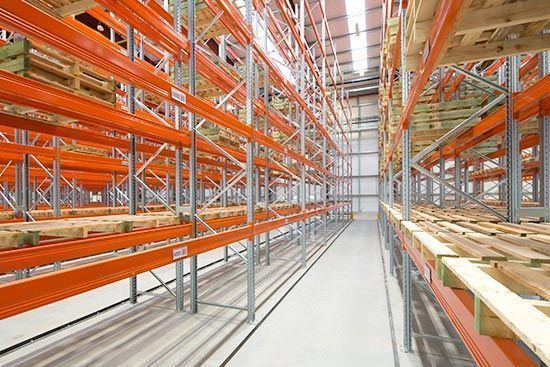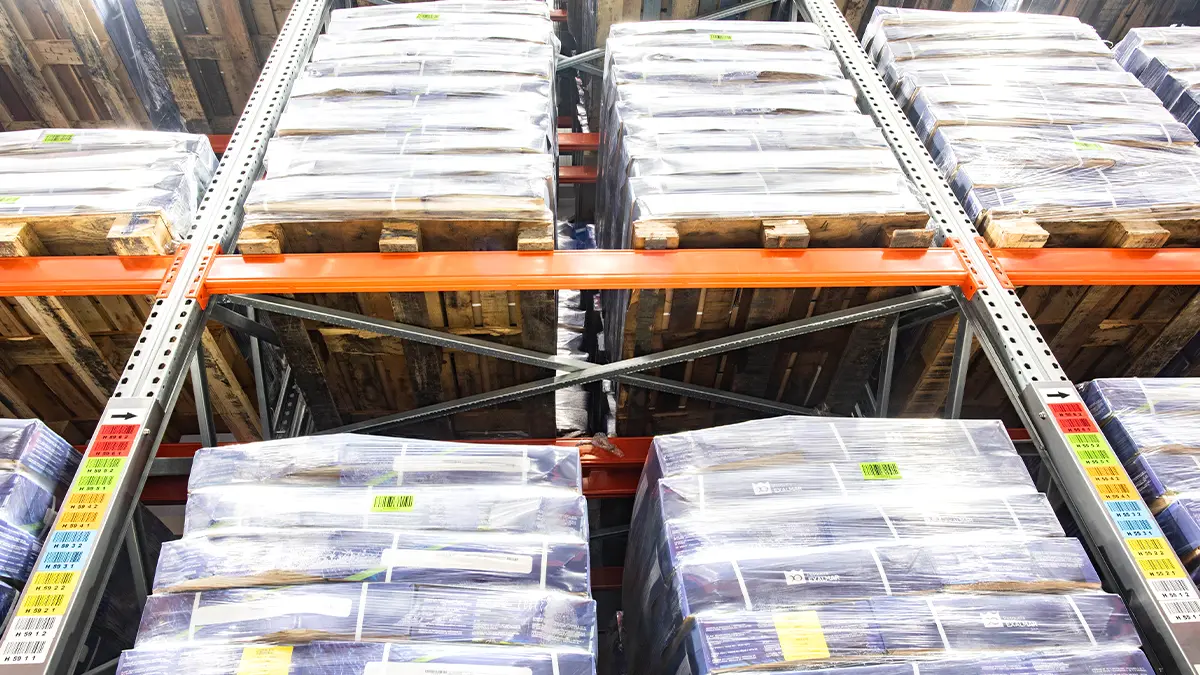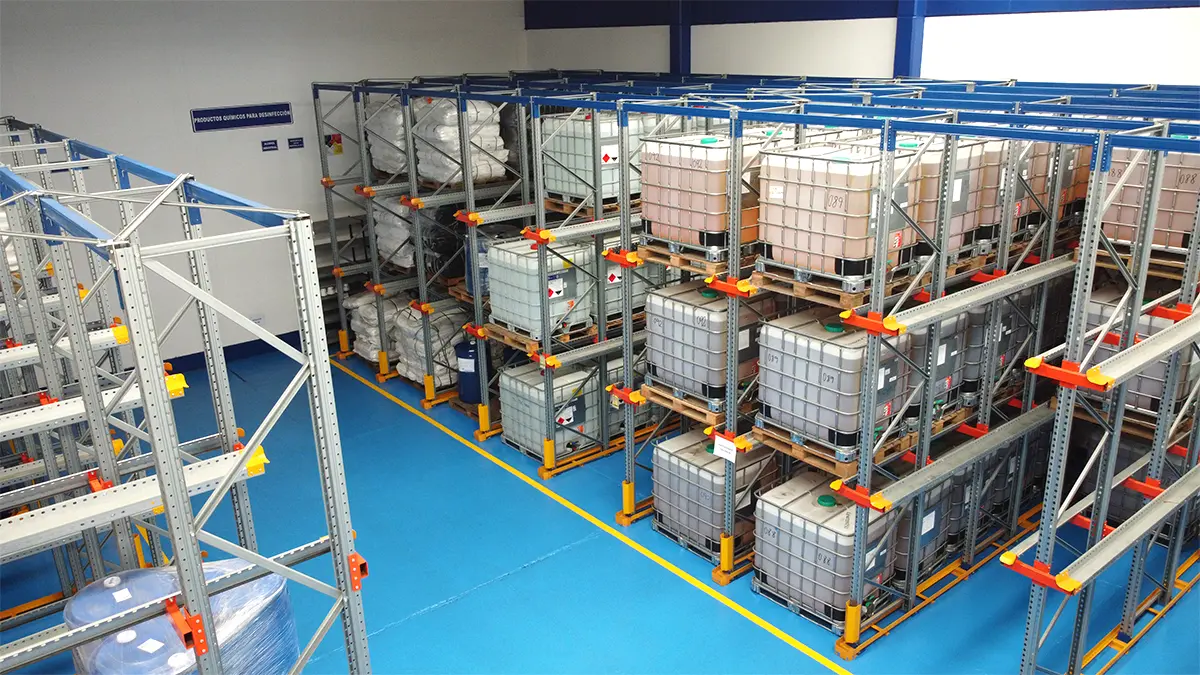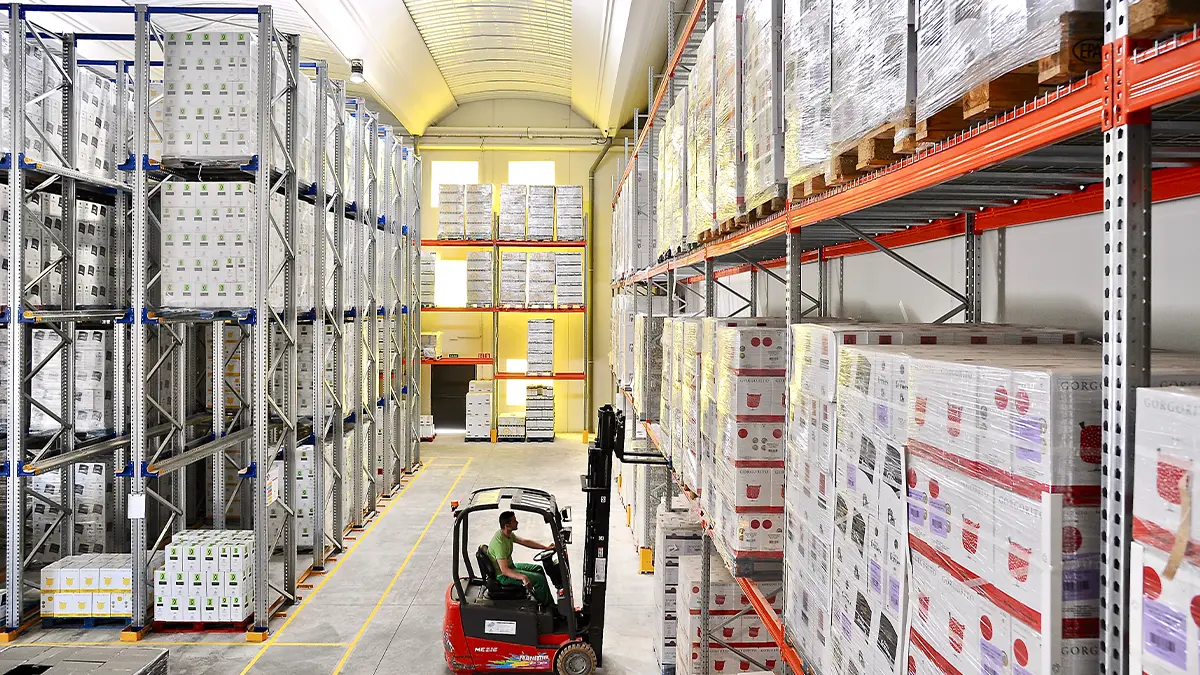In an increasingly competitive business environment, it is essential to find innovative strategies to optimise logistics processes and meet customers’ increasingly stringent demands. One of the concepts applied with this objective is postponement in logistics. In this article we will explore the advantages, disadvantages and main applications of this concept in logistics management.
What is Postponement in logistics?
Postponement in logistics is a strategy that involves delaying certain production or distribution activities until more accurate information is obtained about the demand or until products are closer to their final destination. Instead of producing products finished in advance, products are kept in a more generic or standardised form until customer orders are received. This allows more flexibility in order to adapt to changing market needs and reduce costs associated with inventory storage.
This is a strategy that involves exceptional coordination and communication between the company’s different departments, as well as the appropriate storage systems to meet the needs of this strategy, but if correctly applied represents great advantages for the company.
Advantages of Postponement in Logistics
The main benefits of correctly applying postponement in a company’s logistics process are as follows:
Greater flexibility
Postponement gives companies greater flexibility to respond to changes in market demand. By keeping products generic until more demand data is available, changes and customisations can be made based on specific customer needs, reducing the risk of obsolete inventory or overstock.
Cost reduction
The implementation of the postponement strategy makes it possible to reduce storage costs. Keeping products stored in their generic form until the last moment means that less storage space is needed and the costs associated with inventory maintenance and management are reduced.
Greater supply chain efficiency
Postponement improves supply chain efficiency by reducing the time and resources necessary for product customisation and distribution. This allows a faster response to changes in demand and more agile product delivery to customers.
For this, correct warehouse organisation and design, that allow it to have the appropriate storage systems for quick and easy handling of the loads to facilitate order preparation, is key.
Better inventory management
By postponing product production and customisation, companies can base their inventory decisions on more accurate data about actual demand. This avoids the risk of accumulating unnecessary inventory and helps maintain optimal stock levels.

Disadvantages of Postponement in Logistics
Managing to correctly apply postponement is not at all easy and entails some risks or challenges:
Planning and coordination complexity
Implementing postponement may increase the complexity in planning and coordinating the supply chain. Smooth communication needs to be established between the different internal departments involved in the process to ensure an effective execution. Failure to provide a proper communication and demand forecast may lead to a stockout in the warehouse.
Possible extra transport costs
The postponement strategy could involve more frequent and smaller shipments, which may result in higher transportation costs. However, in many cases, these costs are offset by storage savings.
Higher risk of errors
During the postponement process there is a risk of errors in product customisation or the preparation and shipping process, as operating deadlines become tighter. Companies must maintain a rigorous quality control to avoid problems that could affect customer satisfaction.
Main applications of Postponement in Logistics
Due to its specific characteristics, the strategy of postponement in logistics is not valid for any company or sector. We provide below some examples of sectors where applying postponement in your supply chain may have significant advantages.
Textile or Fashion Industry
In the fashion sector, with its rapidly changing trends, postponement allows manufacturers to produce basic and generic garments, and then customise according to specific customer orders.
Electronics and Household Appliances Sector
In the electronics industry, where products often have multiple configuration options, postponement allows the manufacture of standard components and to add characteristics or specifications according to customer requests.
Food and Beverage Sector
Perishable products can benefit from postponement by keeping the packaging and labelling generic until the products are ready to be sent to specific destinations, reducing the risk of waste or breaking the cold chain.
Automotive sector
Postponement can be applied in the automotive sector to reduce the number of vehicle component configurations held in inventory. Companies can manufacture parts for standard vehicle models and add specific features or accessories according to customer demand, geographical location or specific needs.
As has been established, we see how postponement in logistics is a powerful strategy that offers multiple advantages for companies looking to optimise their supply chain and quickly adapt to changing market demands.
Although it may add certain complexity to planning and coordination, when effectively implemented, postponement can help to reduce costs, improve logistics efficiency and improve deadlines and customer satisfaction. It is essential that companies carefully analyse their supply chain and their customers’ needs to determine how to fully exploit the strategy to obtain a competitive advantage in the current competitive business landscape.













